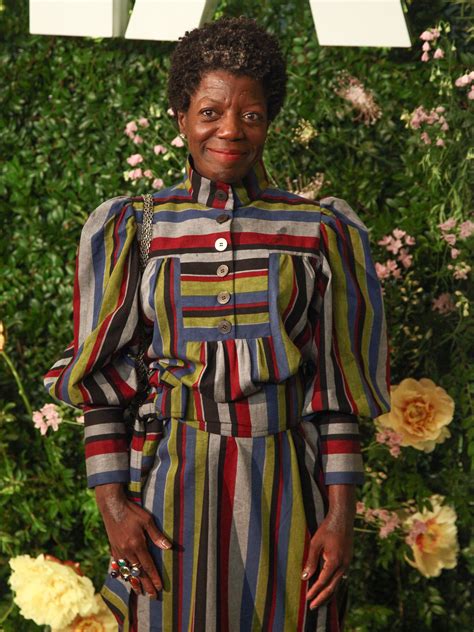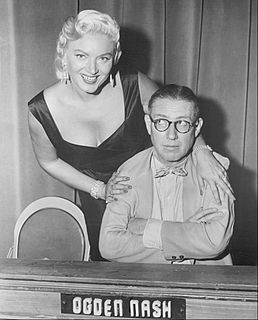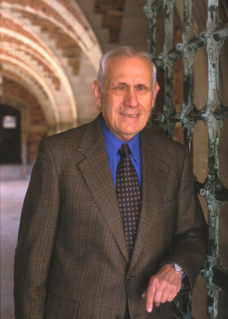A Quote by Mary Beard
History is how we have learnt to think about ourselves. It's not as though the Greeks and Romans are static entities out there to be discovered and translated. We make them speak, we talk to them, and they inform what we say.
Related Quotes
These entities are clever enough to make Strieber think they care about him. Yet his torment by them never ceases. Whatever his relationship to the entities, and he increasingly concludes that their involvement with him is something 'good,' he also remains terrified of them and uncertain as to what they are.
I think words speak to us even though they may be written on a wall. So we hear them in our mind. We say it to ourselves. But they are also visual things. You draw them. They are designed. They are colored. They have a certain size. I put them in a certain place. So they are objects that have to be - artistic decisions have to be made in terms of the color and the size and the line and whatever.
Experts in ancient Greek culture say that people back then didn't see their thoughts as belonging to them. When ancient Greeks had a thought, it occurred to them as a god or goddess giving an order. Apollo was telling them to be brave. Athena was telling them to fall in love. Now people hear a commercial for sour cream potato chips and rush out to buy, but now they call this free will. At least the ancient Greeks were being honest.
We forget how the Greeks and Romans prevailed magnificently in a barbaric world and how that triumph ended-how a slackness and softness finally overcame them to their ruin. In the end, more than they wanted freedom, they wanted security and a comfortable life; and they lost all-comfort and security and freedom.
When you coach and teach leadership, most people think about them. It's like you're the leader and how do you influence them. Clearly, leaders do take their followers, their flock, their enterprise, their business - whatever - hopefully to a better place. But I think the foundation of what makes really great leaders is they lead themselves, and they're conscious about knowing themselves and coaching and leading themselves in a very profound way. The simplest of us talk to ourselves. The question is, "Do we really lead ourselves?"
Marvin Gaye said there's a song inside of me and I can't get it out. And I know it's in there, and I can feel that it's in there, and I can't get it out. There's so much that I want to say, and I haven't been able to figure out how to say it in my art. I can only say it in ham-fisted, clumsy, nonpoetic ways, and I'm trying to figure out how to talk about life and talk about love and talk about pain and trials and tribulation in an artistic form.
What I think about when I frequent the Museum of Natural History, the Metropolitan [Museum of Art], and I look at these artifacts that are taken out of context and how we're forced to view them as objects, as relics, as sculpture- static. But what's interesting is what it allows me to do in my head in terms of imagining what the possibilities are or imagining the role in which they played within a particular culture which I'm fascinated by.
































